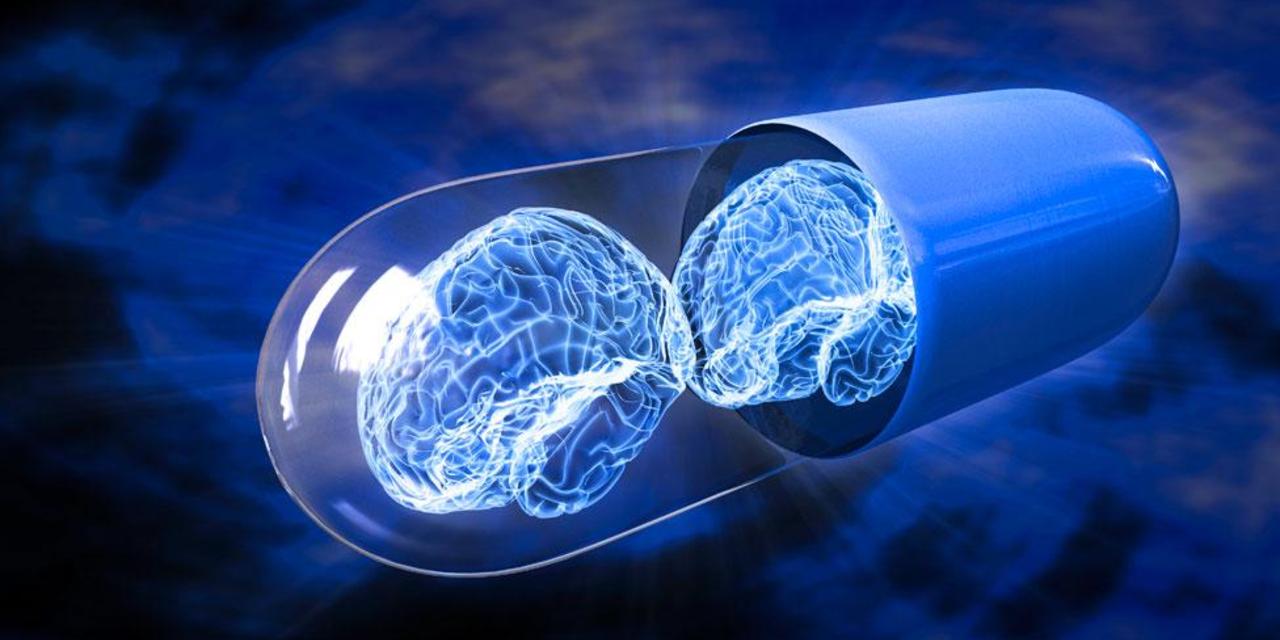
A new method has been developed to make drugs ‘smarter’ using nanotechnology so they will be more effective at reaching their target.
Scientists from the University of Lincoln, UK, have devised a new technique to ‘decorate’ gold nanoparticles with a protein of choice so they can be used to tailor drug to more accurately target an area on the body, such as a cancer tumour.
Gold nanoparticles are spheres made of gold atoms having a diameter of only few billionths of a metre which can be coated with a biological protein and combined with drugs to enable the treatment to travel through the body and reach the affected area.
The nanoparticles can ‘adsorb’ (hold on its surface) drugs which would otherwise become insoluble or quickly degrade in the blood stream, and due to their small size they can overcome biological barriers such as membranes, skin and the small intestine which would usually prevent the drug from reaching its target.
The technology is already used in real world applications such as pregnancy tests – where gold nanoparticles decorated with an antibody against the hormone present in the urine of pregnant women is added to the ‘positive’ strip so it reacts with the nanoparticles to turn the stick red – but is not yet widely used in drug development.
Until now the process of coating the nanoparticles meant that the proteins used had to be ‘mixed’ together with particles which do not have the ability to control the way they bind, possibly making the drug less effective. The new method enables pharmacologists to place the proteins onto the gold nanoparticles layer by layer in a specific order. This maintains the integrity of the protein so that the drug is more effective, opening up possibilities for the development of nanomedicine.
The findings have been published in the journal Nature Communications.
Dr Enrico Ferrari, a nanobiotechnologist from the University of Lincoln’s School of Life Sciences, led the study. He said: “Gold nanoparticles are a vital tool in new drug development and drug delivery systems. We have unlocked the key to binding proteins and molecules so that those drugs will be more effective.
“This method might help to design nanomedicines that do not need extensive chemical modification of a protein drug or a nano-carrier and therefore can be developed more easily and faster.”
Researchers took fragments of proteins from bacteria and flatworms, which when fused together were effective at binding to the gold nanoparticle surface and able to form stable bonds to any other protein.
By mixing this fusion protein with gold nanoparticles, it permanently binds to the gold surface while also being able to stably bind a target protein on which a specific ‘tag’ was included.
This is a new universal method to bind proteins to nanoparticles which will work for most proteins, making the process a more attractive prospect for pharmaceutical companies, the researchers said. The method could also potentially be applied to biosensors and diagnostic kits that use gold, such as those used in clinical settings to identify ongoing infections in patients’ blood.
Learn more: Nanomedicine: Drugs can be made ‘smarter’
The Latest on: Smart drugs
[google_news title=”” keyword=”smart drugs” num_posts=”10″ blurb_length=”0″ show_thumb=”left”]
via Google News
The Latest on: Smart drugs
- I Was Addicted To Meth For 7 Years And No One Had Any Ideaon May 14, 2024 at 8:13 am
"I always made sure to look the part of a smart, together, confident young woman. ... People who wear glasses and pantyhose don’t do meth, right?" ...
- Drug shortages: What to do when you can’t get your medicineon May 9, 2024 at 8:00 pm
They’re among 128 drugs listed on the U.S. Food and Drug Administration’s drug shortage page this week as being currently in very short supply or having just had a shortage resolved.
- Smart Drugson April 15, 2024 at 9:08 am
In this cinematic one-off POV documentary, we follow Nik Badminton on a journey down the rabbit hole into the world of smart drugs and cognitive enhancement techniques as he tries to better his ...
- Smart Drug Delivery Market Soars with 14.9% CAGR Predictionon April 10, 2024 at 5:00 pm
According to a recent report by Market.us, the Global Smart Drug Delivery System Market size is expected to be worth around USD 32.5 Billion by 2032 from USD 9.7 Billion in 2023, growing at a CAGR of ...
- The dark side of medications: These drugs do more harm than goodon April 3, 2024 at 6:52 am
One such method is the use of ADHD drugs, commonly prescribed for attention deficit hyperactivity disorder. These “smart” drugs are believed to enhance focus and cognitive abilities.
- Can a Pill Make You Smarter?on March 27, 2023 at 7:31 am
Hausman hastens to add that his company has no interest in developing Phenserine as a "smart drug," for use in normal people. "I don't know if the FDA would ever allow a normal memory drug," he says.
- Smart Drugson August 17, 2020 at 5:09 pm
If popping a pill could make you smarter and increase your memory would you take it In this cinematic POV documentary Nik Badminton travels to Silicon Valley and immerses himself in the real world ...
- Smart Drugson August 6, 2020 at 12:54 pm
He takes smart drugs, tries fasting, and tests out the latest trends, but can his body keep up? Unfortunately Smart Drugs isn't available to watch right now. Add it to your list and we'll let you ...
- “Smart drugs” and cold therapy: How I’m biohacking my body to be smarter and healthieron May 8, 2019 at 7:10 am
I had fooled around with things like fasting, smart drugs/nootropics and microchip implants in the past, but now I was ready to seriously commit. Here are a few things I tried and liked ...
via Bing News












